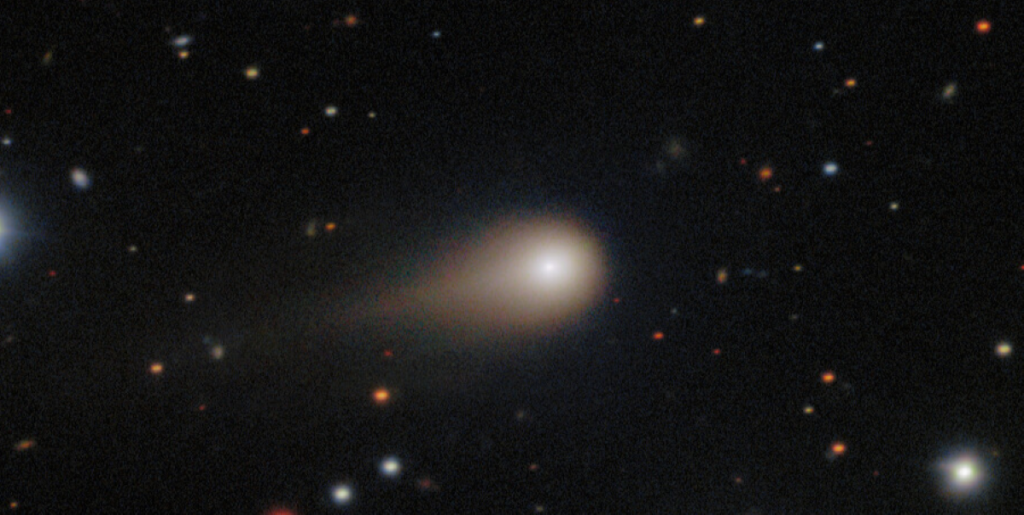Science, not speculation, should lead the way, says Brian Cox.
Others are reading now
A newly discovered interstellar object has become the unlikely battleground for a clash between two heavyweight scientists.
While Harvard’s Avi Loeb hints at alien intelligence, British physicist Brian Cox is having none of it.
Another interstellar visitor enters the debate
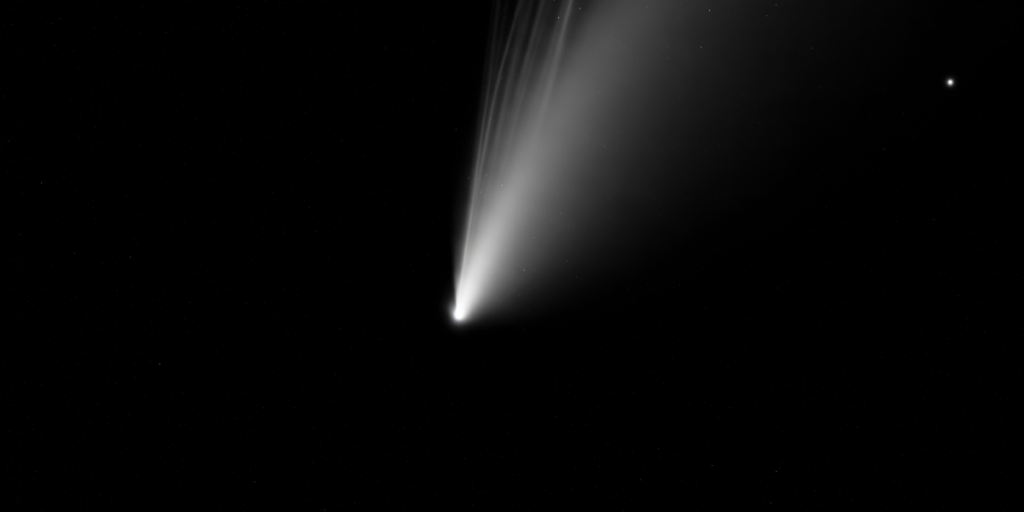
The object in question, named 3I/ATLAS, was detected by NASA on July 1, 2025.
It’s only the third known interstellar body to enter our solar system, following the earlier appearances of ‘Oumuamua and 2I/Borisov.
Scientists quickly determined that 3I/ATLAS came from beyond the Sun’s gravitational grip—an unmistakable signature of interstellar origin.
Also read
But although researchers confirmed the object poses no threat to Earth, its presence has sparked a very different kind of friction.
Loeb suggests a “technological artefact”

Avi Loeb, a prominent astrophysicist and head of Harvard’s Galileo Project, has once again taken a controversial stance.
In a recent paper co-authored with Adam Hibberd and Adam Crowl, Loeb raised the possibility that 3I/ATLAS is not a simple comet, but potentially “a technological artefact” built by an advanced civilisation.
“Active intelligence”
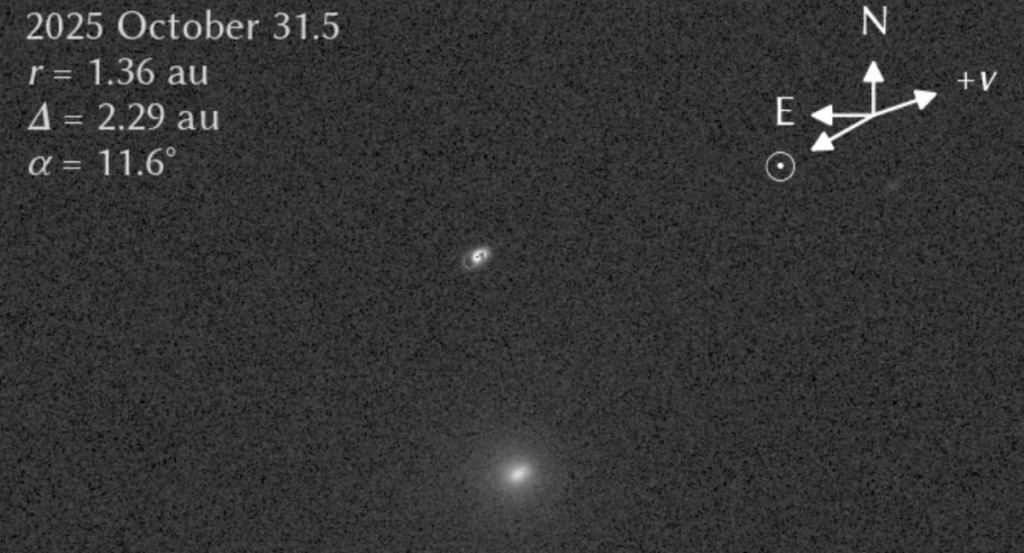
Loeb went further, suggesting the object may even have “active intelligence” and speculated on its intent—benign or otherwise.
“There is a 30 to 40 percent chance this isn’t a natural object,” Loeb told LADbible, placing it at a ‘four’ on his self-invented “Loeb Scale” of extraterrestrial likelihood, where zero is entirely natural and ten is definitive alien origin.
Also read
Brian Cox calls for calm—and context

Brian Cox, however, is urging the public to ignore the hype.
Dismissing the alien claims as “recent drivel online,” Cox took to X to clarify: “Comet 3I/ATLAS is a comet… It is entirely natural in origin.”
“It will whizz around the sun and then disappear”
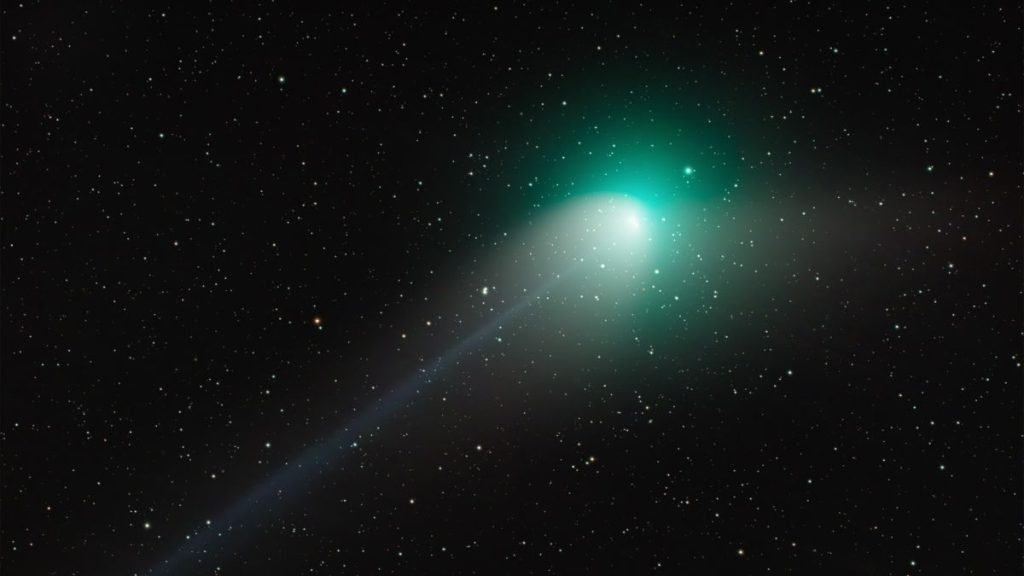
According to Cox, its makeup—carbon dioxide, water ice, and space dust—is consistent with what astronomers expect from a comet, even one that originated light-years away.
“It will whizz around the sun and then disappear off into the galaxy again,” Cox wrote, inviting readers to marvel at its journey without needing to imagine aliens aboard.
A clash of scientific styles
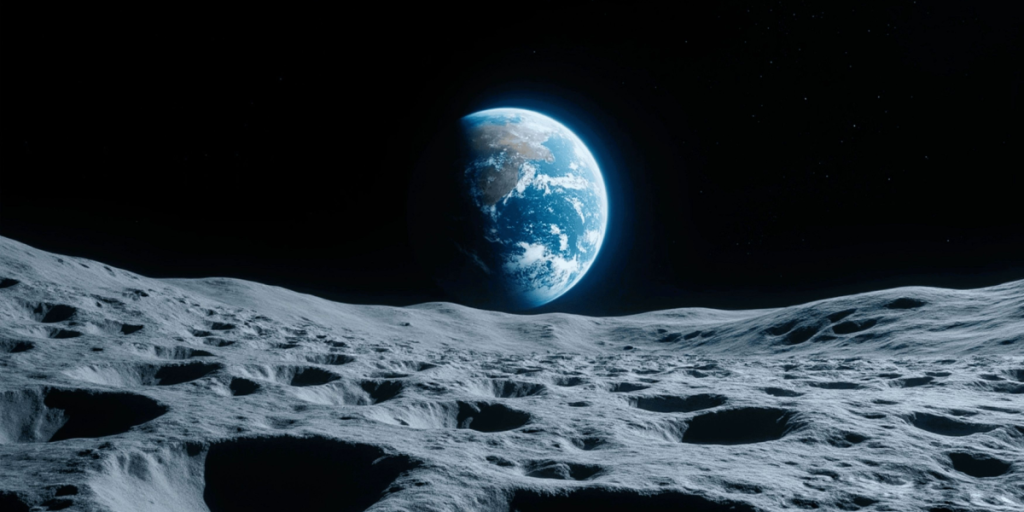
Loeb has long argued that mainstream science is too quick to dismiss the possibility of extraterrestrial life, while Cox and others emphasize the importance of evidence over speculation.
Also read
Loeb’s supporters argue that asking provocative questions is how science progresses.
Critics counter that public fascination with aliens should not override the need for solid data and peer review.
Science under scrutiny
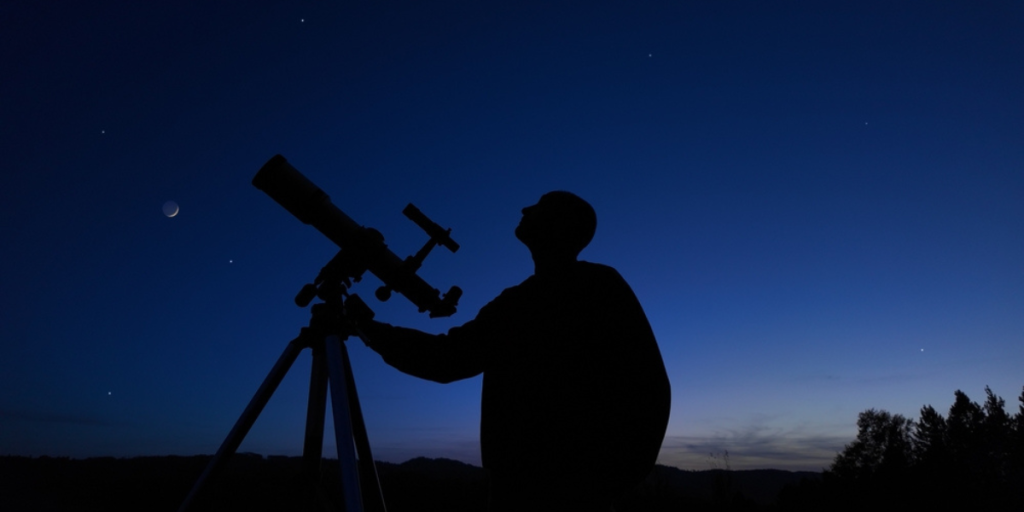
To ground the conversation, Cox offered a reality check.
He directed followers to an open-source repository of astronomical data, which he described as “fast-developing research in action,” urging caution with preliminary results.
He also gave a piece of practical advice: “A good rule of thumb is to look at the ones that have been submitted to journals,” suggesting that peer-reviewed studies carry more weight than speculative commentary.
Also read
Is wonder not enough?
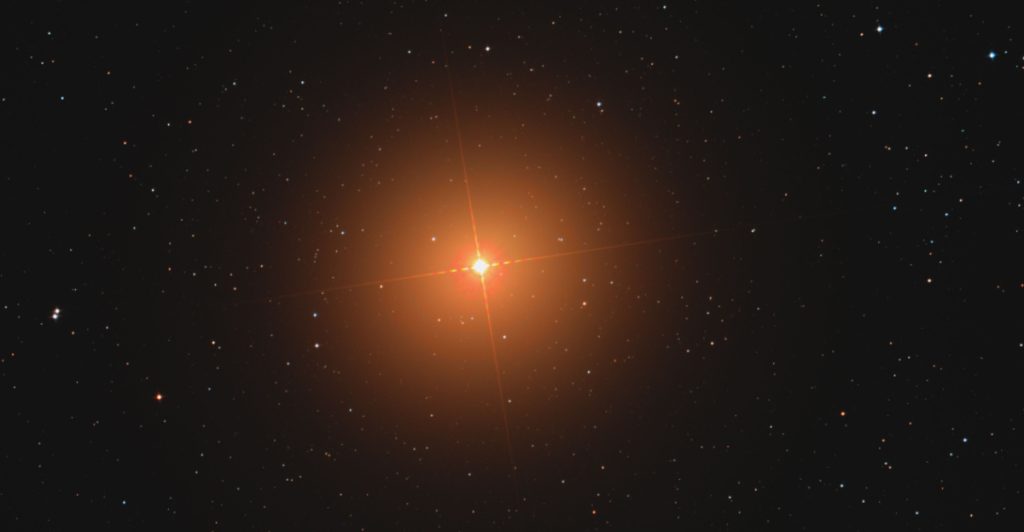
Rather than downplay the strangeness of an interstellar object entering our solar system, Cox encouraged readers to embrace the real magic of it.
“If it ever encounters another inhabited solar system in the far future, I hope the living things there… enjoy it for what it is,” he wrote. “A pristine lump of rock and ices… just passing through. Isn’t that wonderful enough?”
His sentiment is clear: awe doesn’t require aliens.
The bigger picture beyond the hype
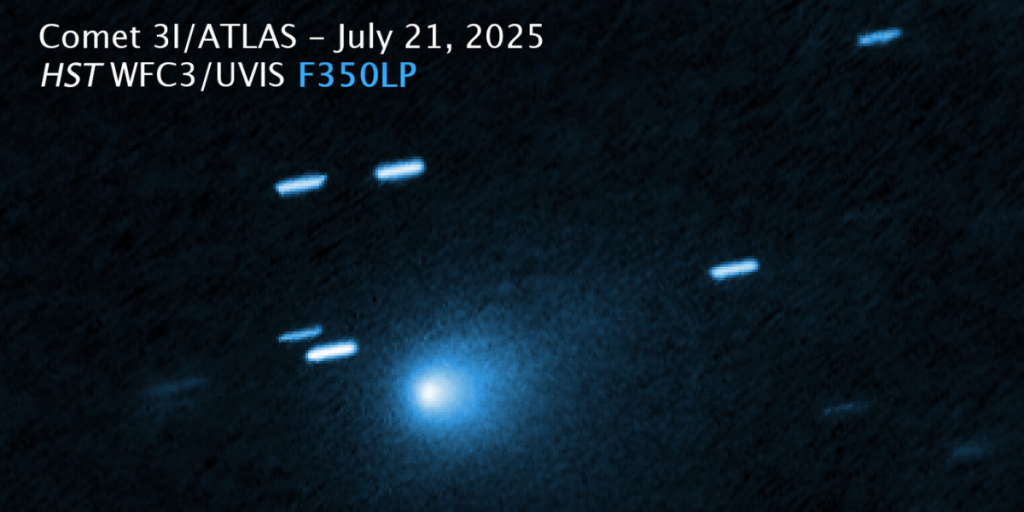
As social media lights up with theories and headlines, the scientific consensus remains grounded.
While 3I/ATLAS continues its arc through space, the object is being studied carefully—but so far, the data supports a familiar conclusion: it’s a comet.
Also read
And for Cox, that reality is no less poetic. For Loeb, the mystery remains open. But for now, the only confirmed intelligence in the conversation is coming from the scientists debating what 3I/ATLAS truly is.
Sources: LADbible, Dagens.com, NASA, Harvard-Smithsonian Center for Astrophysics

